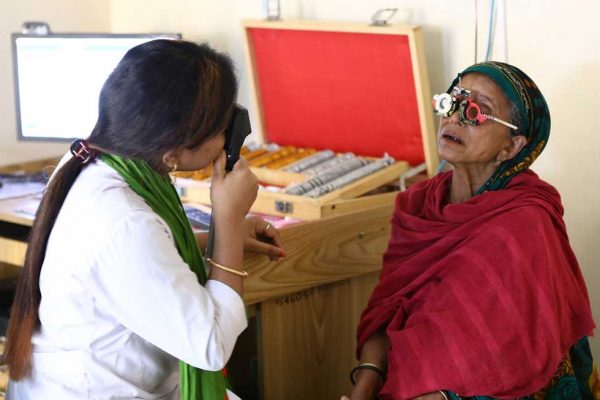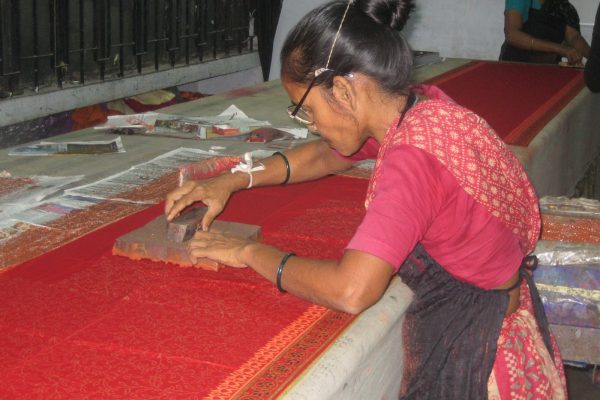VisionSpring
February 22, 2017

Published by Farhadul Islam at Feb 22 2017
Categories
It is estimated that 624 million people around the world could have their vision restored if they could access eye glasses. This lack of access is costing the global economy a whopping USD 202 billion per year.
February 2, 2011

As a communications consultant for VisionSpring, one of BRAC’s valued partners, I was amazed by the depth and scope of BRAC’s work in Bangladesh and globally. VisionSpring is a social enterprise dedicated to reducing poverty and generating opportunity in the developing world through the sale of affordable eyeglasses. Together, BRAC and VisionSpring have trained tens of thousands of entrepreneurs across Bangladesh to sell VisionSpring eyeglasses to those who need them to work, earn a living, and support their families.
February 1, 2011

This month, Forbes profiled BRAC partner, VisionSpring, in an article titled, "New vision for non-profits." In it, VisionSpring Founder & CEO Jordan Kassalow discusses how the organization’s model has evolved and how he intends to make the organization increasingly self-sustaining. VisionSpring is a social enterprise dedicated to reducing poverty and generating opportunity in the developing world through the sale of affordable eyeglasses.
July 27, 2010

“Wait, let me get my glasses first”. How many times have we heard this expression from our colleagues, parents and friends or pronounced it ourselves? And experienced a feeling of relief as the blur of black waves turns into a legible text! Reading glasses are ubiquitous in our society: we use them when we are working, reading, watching news, etc. – so that we consider them as a basic necessity and take them as granted.Yet, in some parts of the developing world, a pair of reading glasses can be a hard-to-access luxury, available in expensive optic shops in urban areas. This means that millions of men and women lose a great part of their economic productivity, not to mention emotional well-being, as the acuteness of their vision decreases with age. A lot of young people with a weak vision have to forego opportunities to be engaged in certain professions such as jewelry or weaving, or cannot advance in education because of limited reading.

